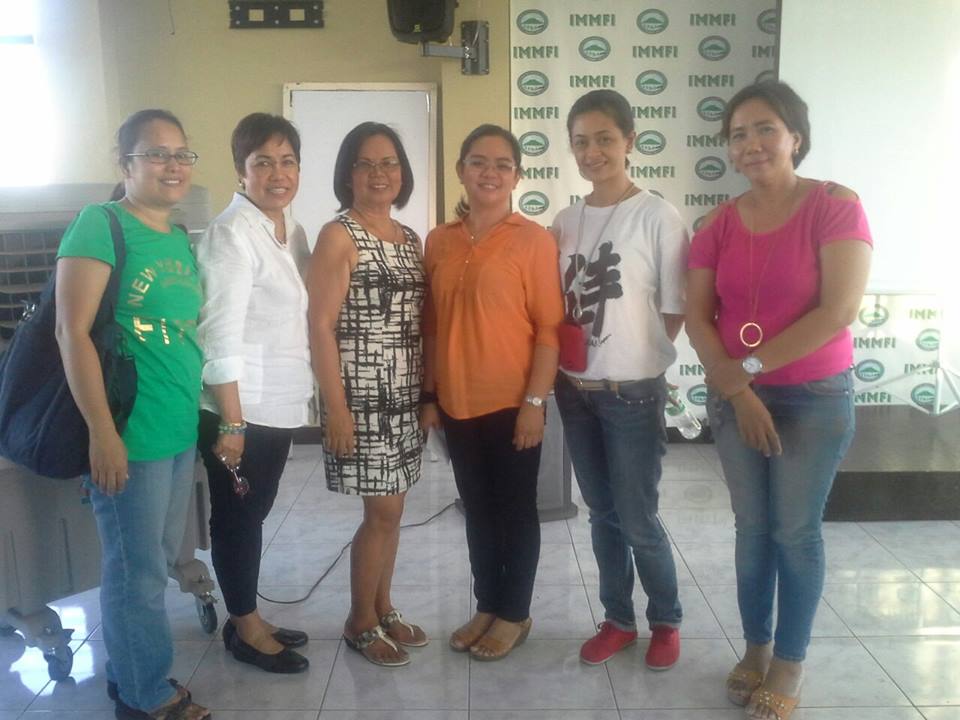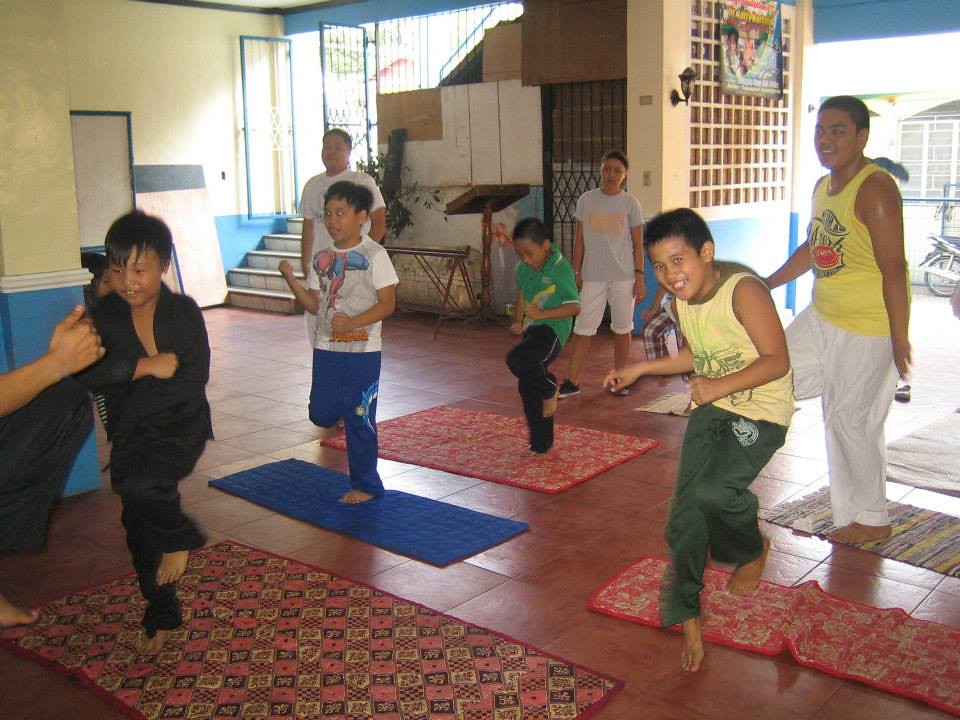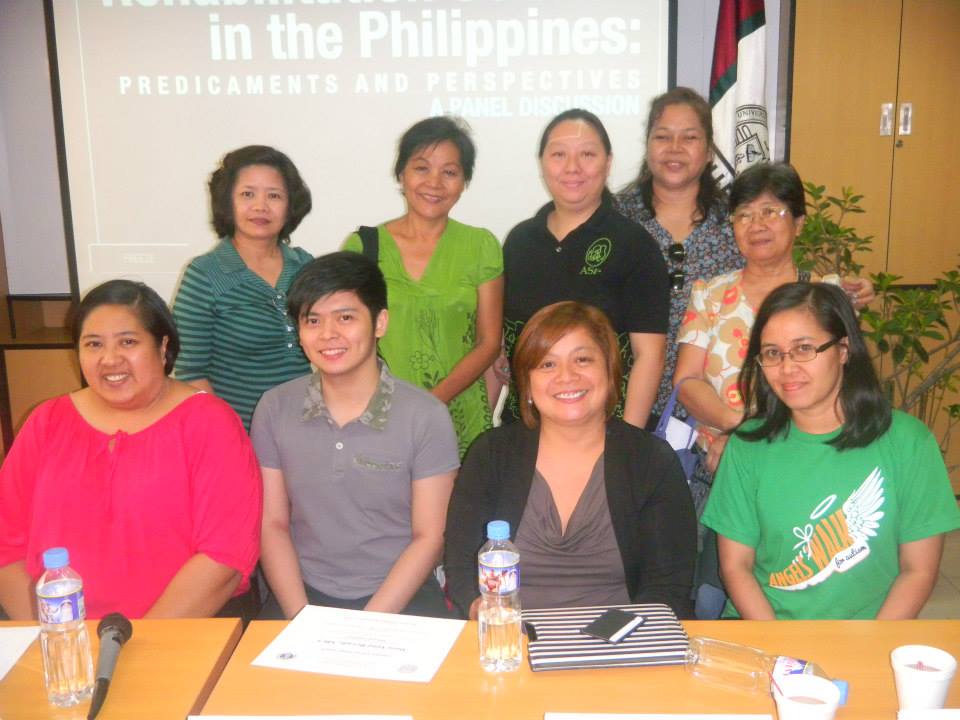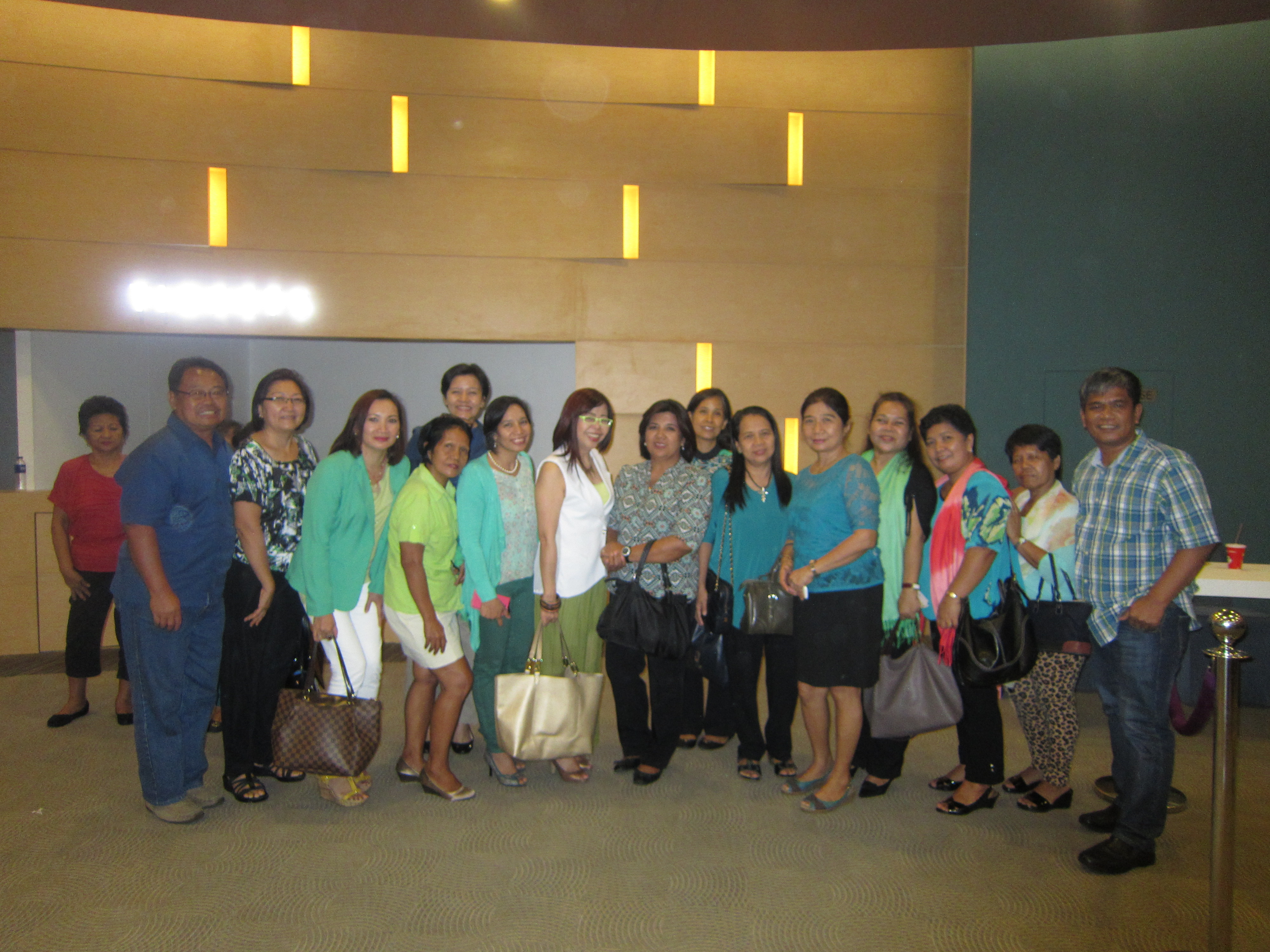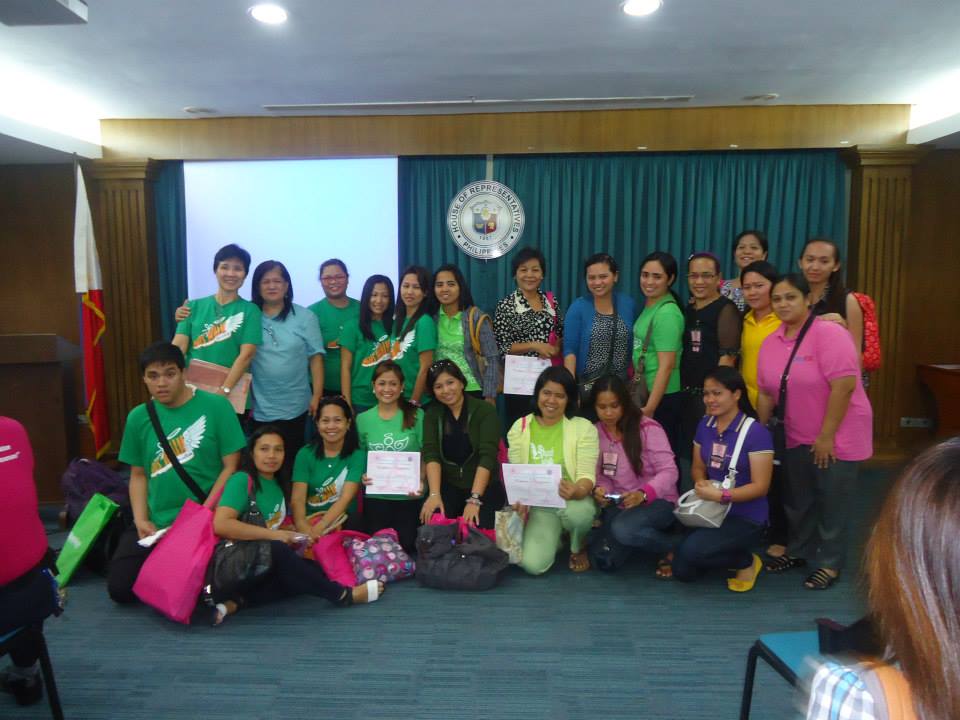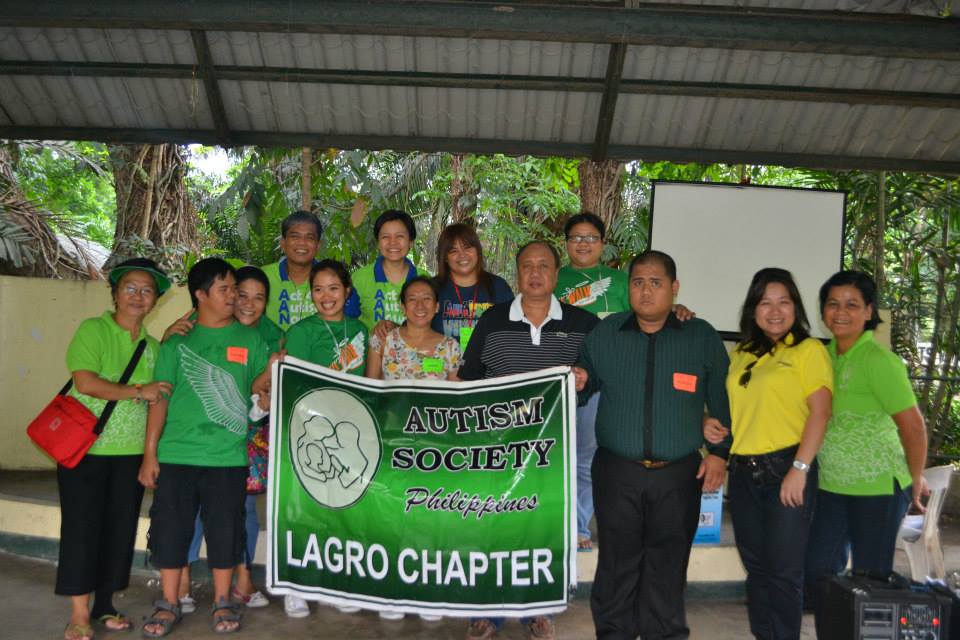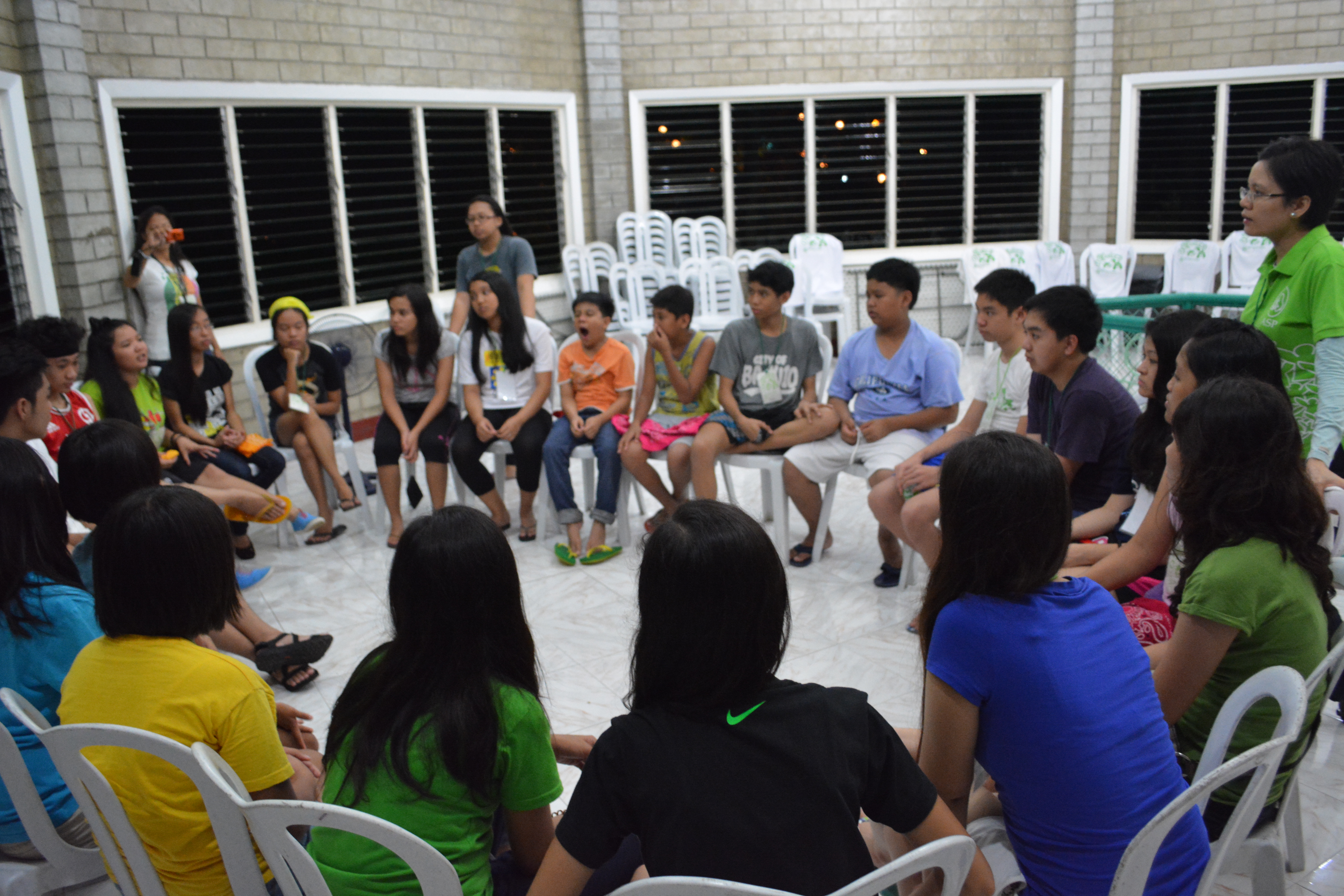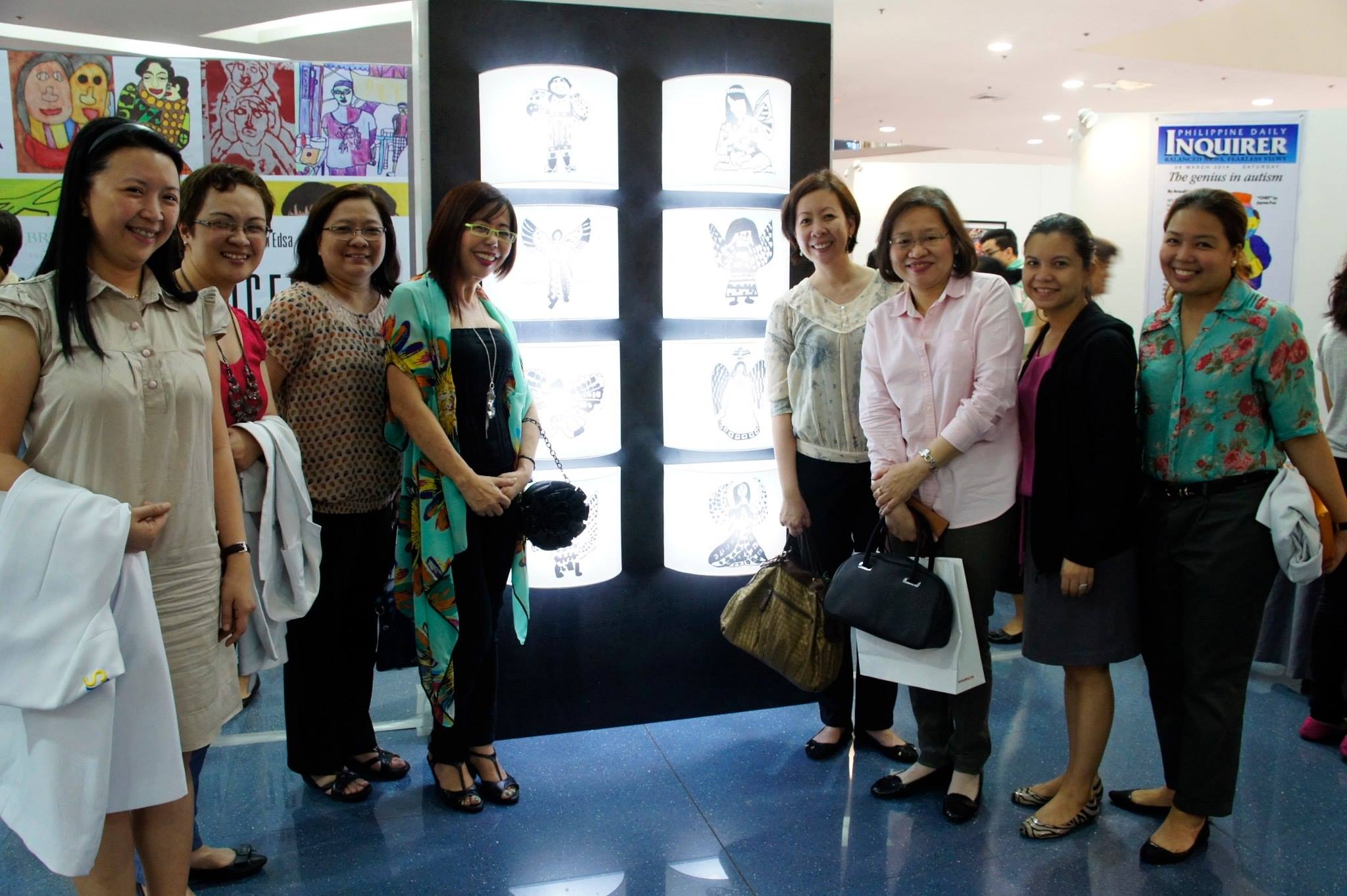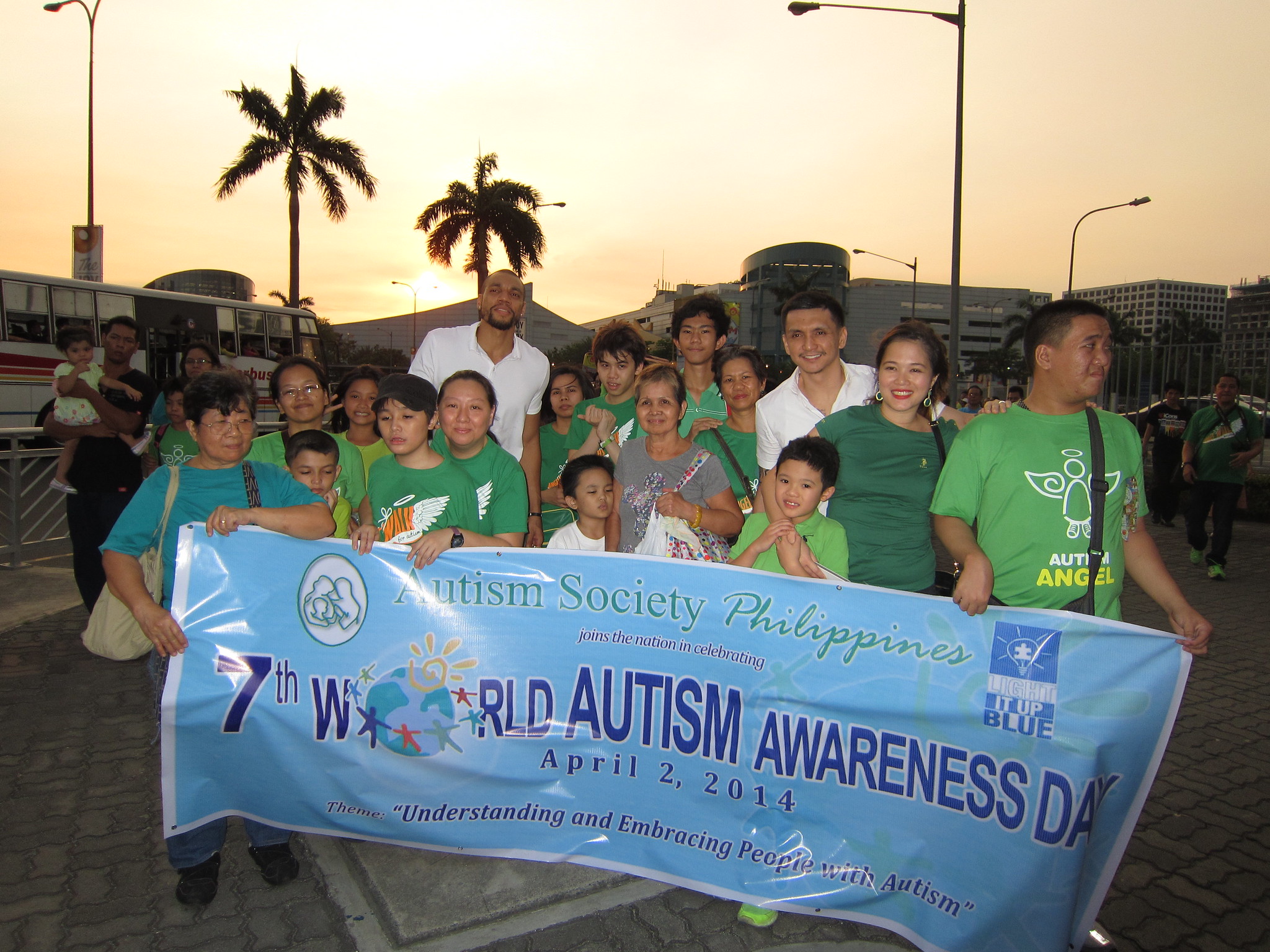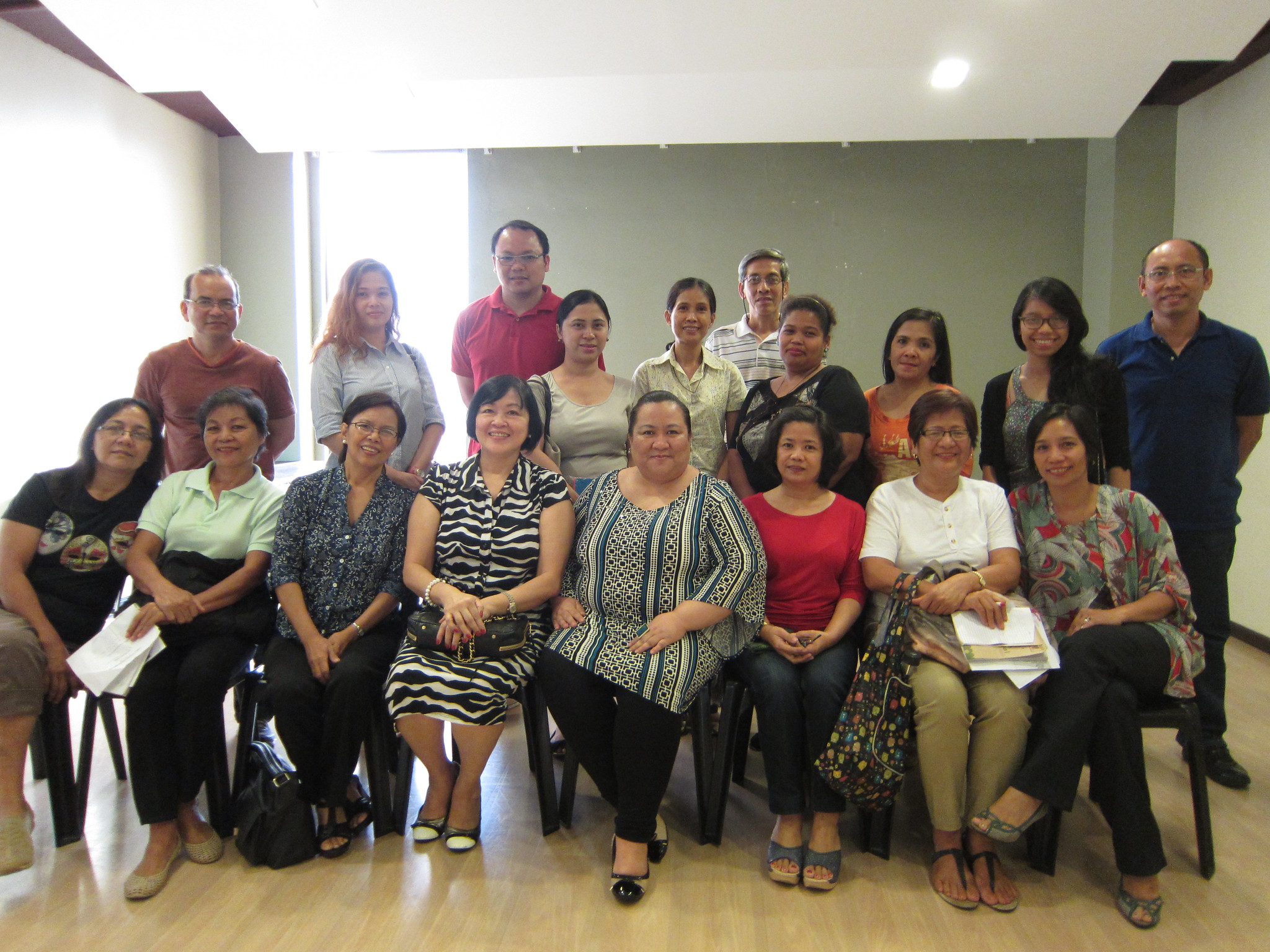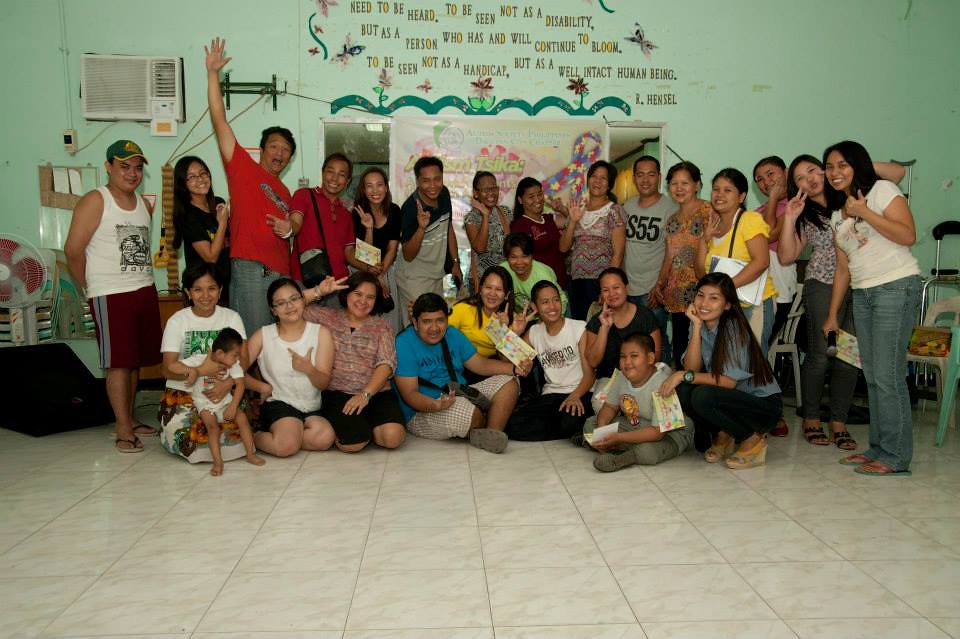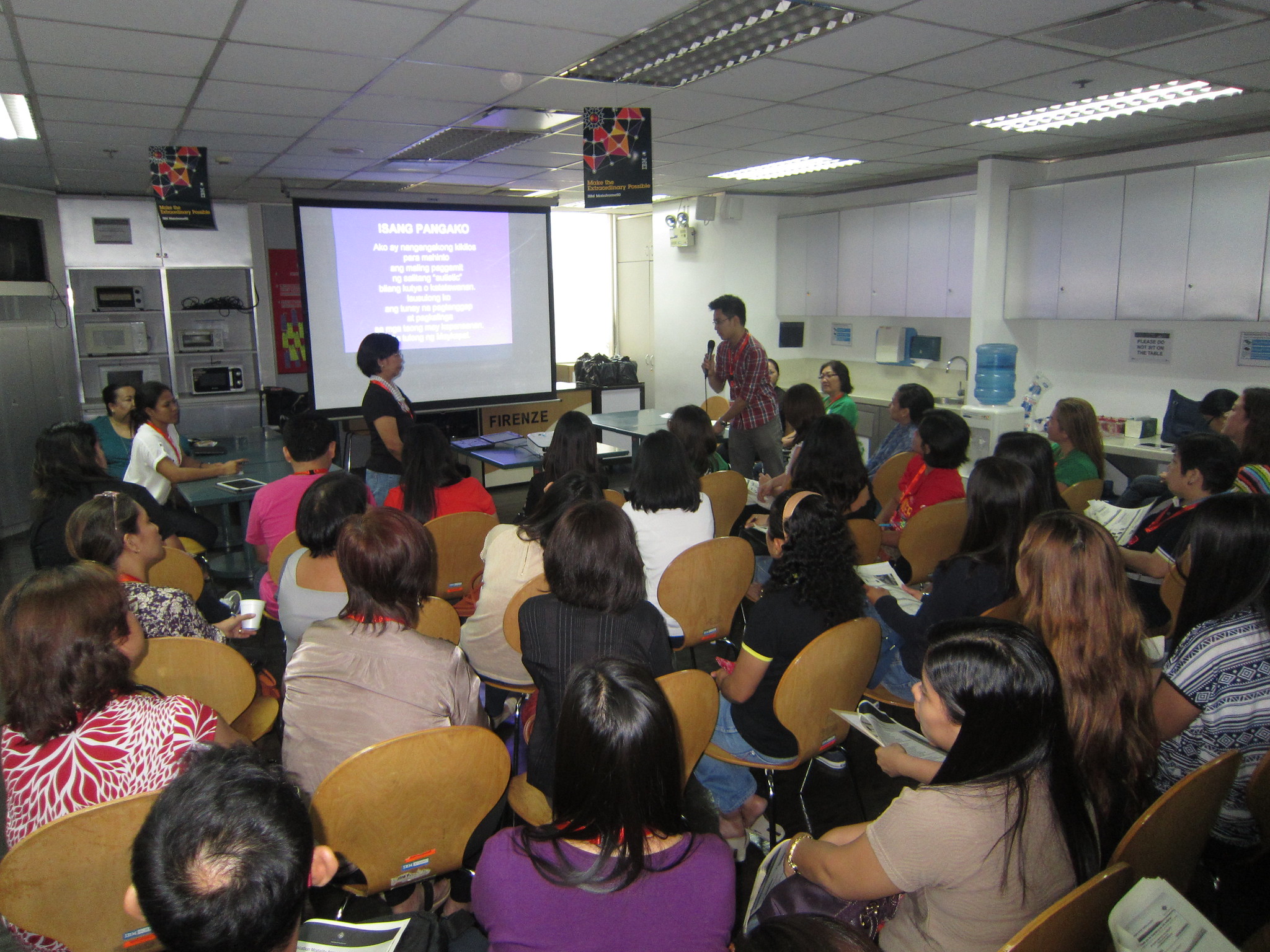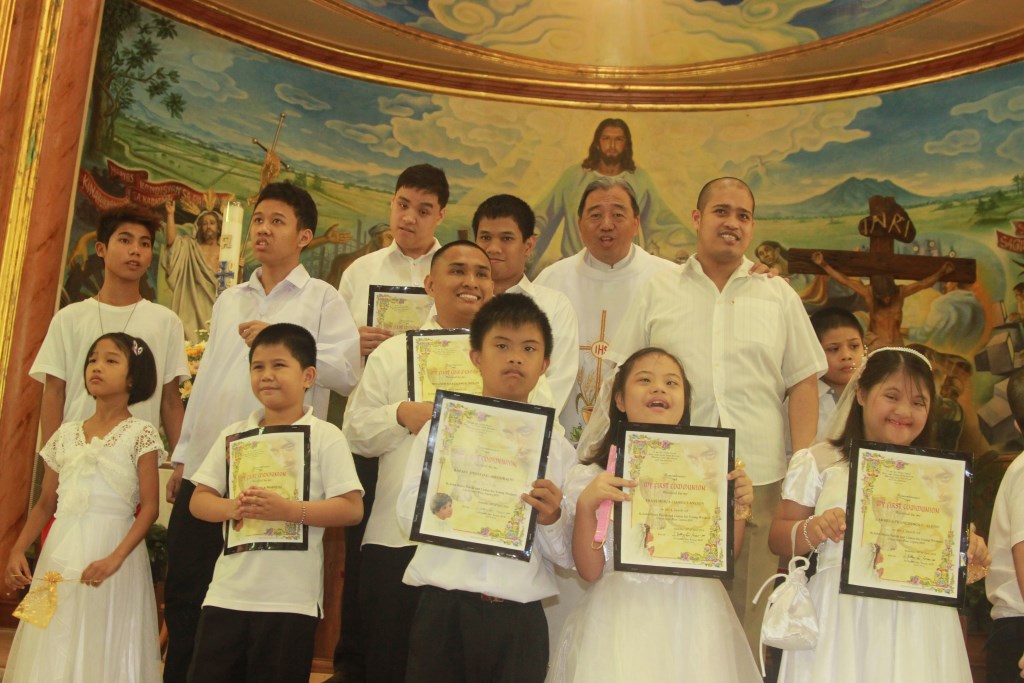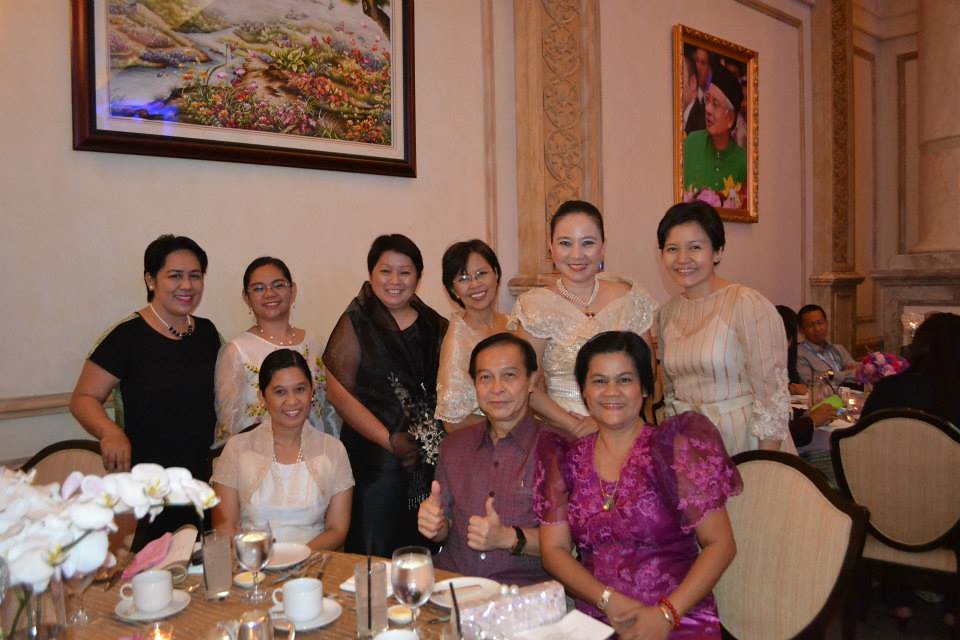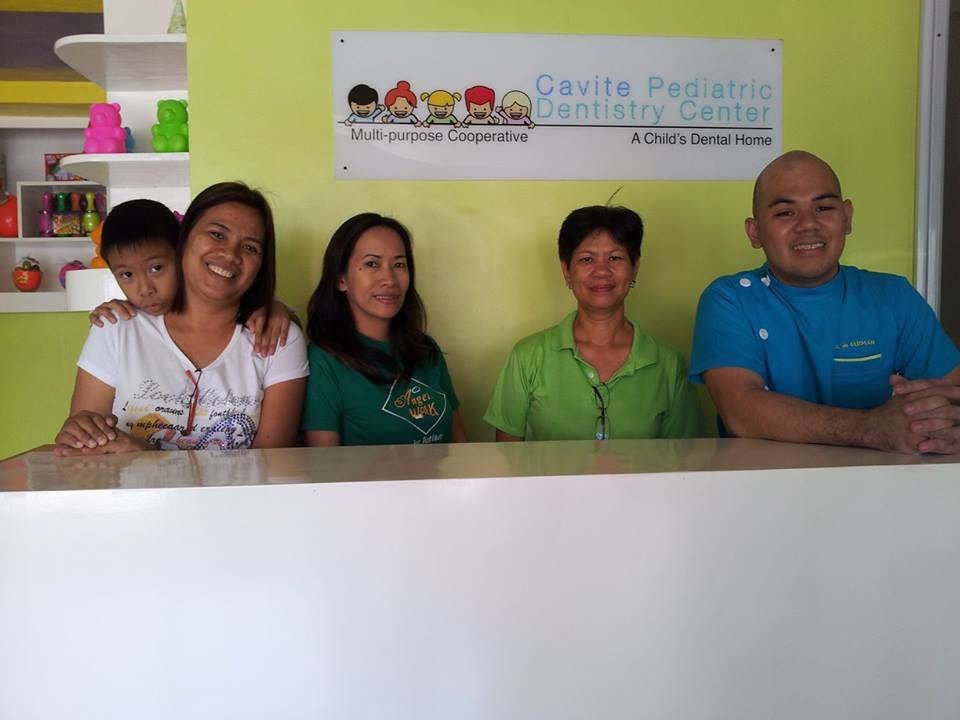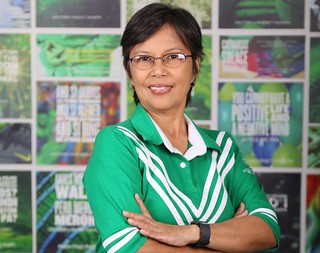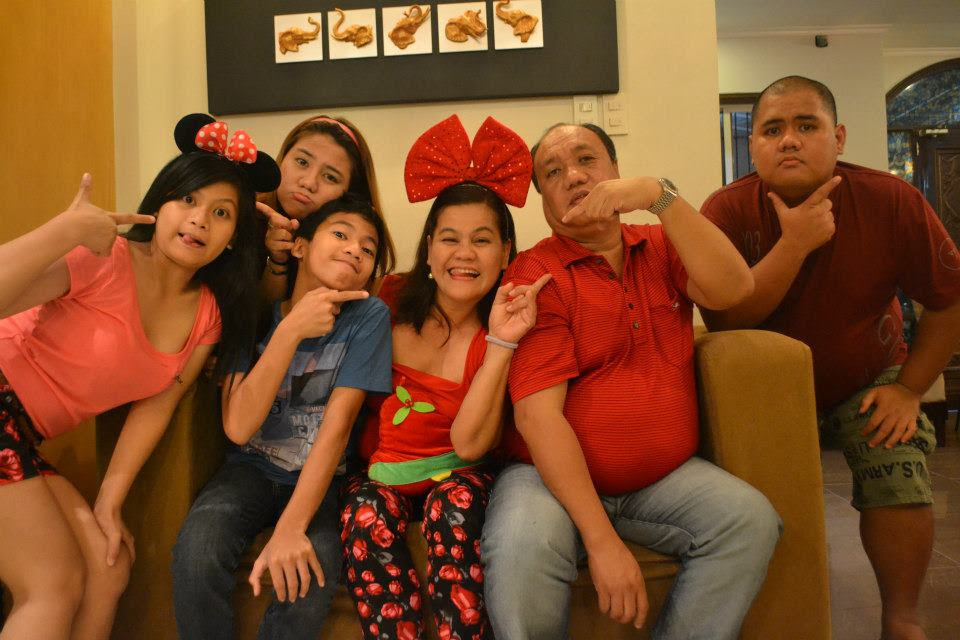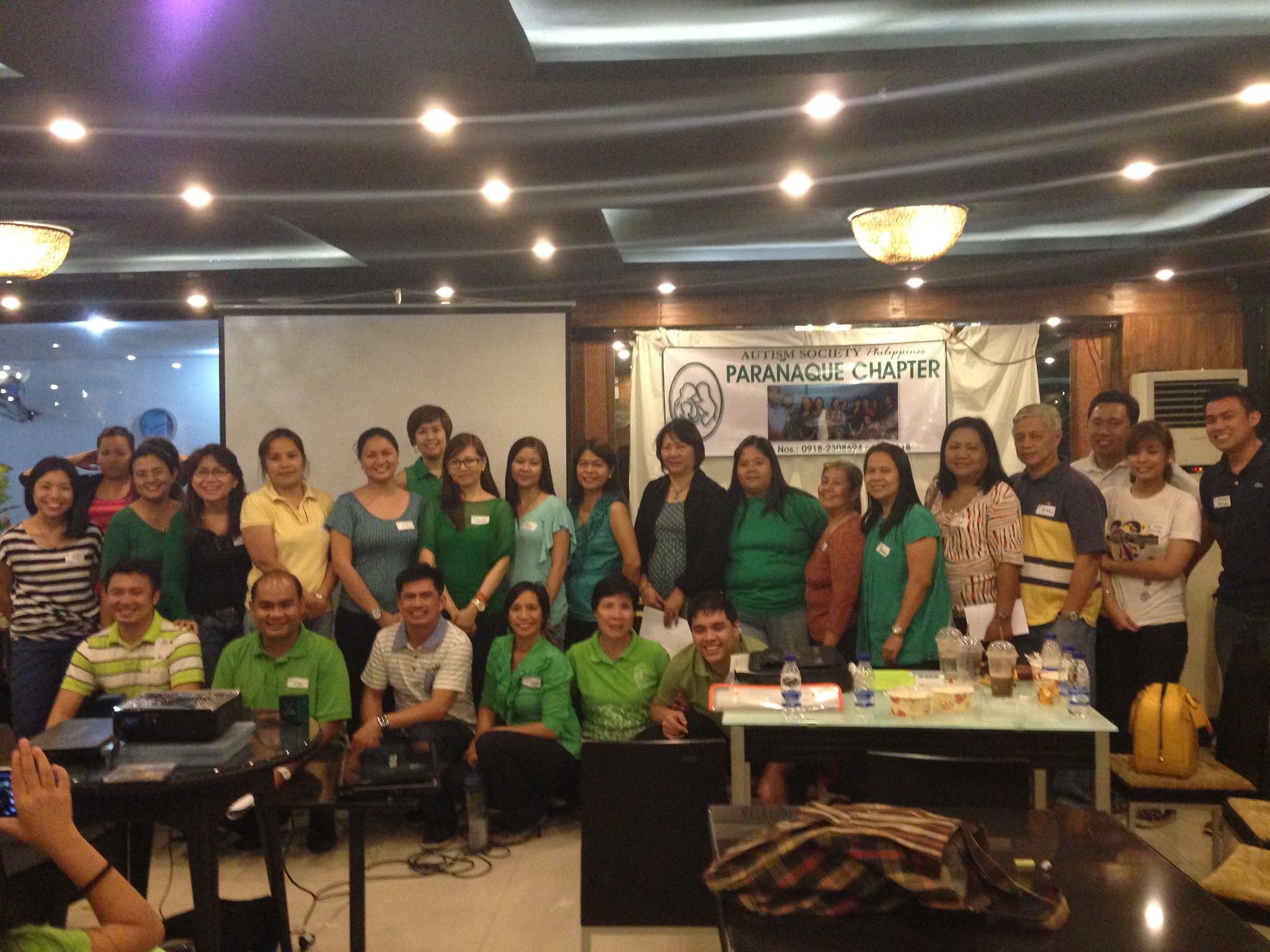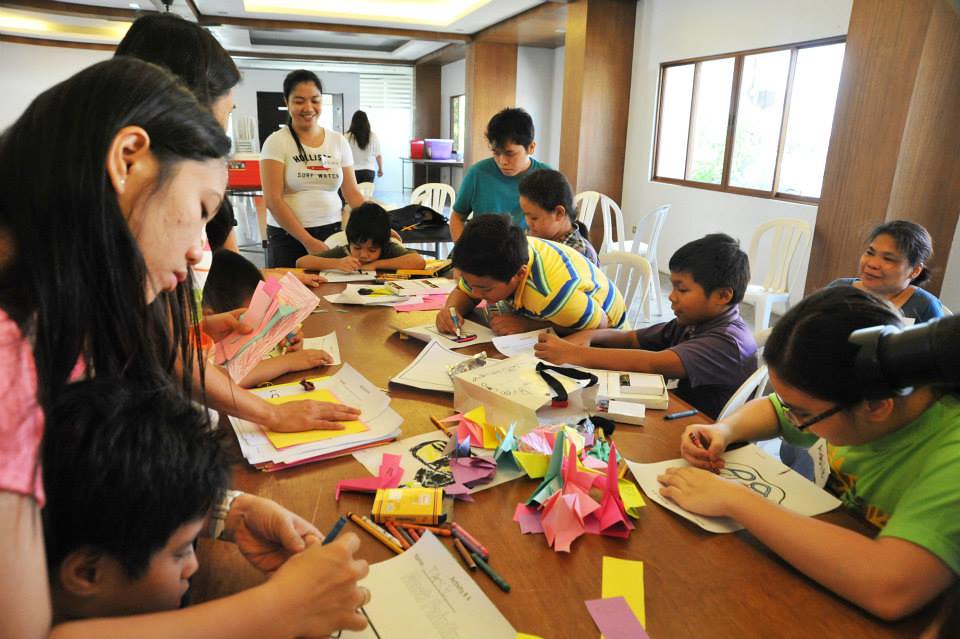This article appeared on 5 May 2014 in the print and on-line versions of Manila Bulletin's "Angels Talk," by Dang U. Koe, ASP Chair Emeritus.
@MightyMagulang Mona Veluz, national board secretary of the Autism Society Philippines (ASP), is back as this week’s Angel Talker. Mona plans, defines and directs the communications program for the ASP. She crafted the society’s seven-point policy agenda for the acceptance and inclusion of individuals with autism, like her son Carl, in the mainstream of Philippine society.
*****
Members of the Philippine Autism Society meet with President Benigno Aquino.
The bills mentioned in this article are still in committee discussions. To become a law, a bill requires committee deliberation, floor debates, passing in both houses of congress and the final ratification by the President. Read more about the legislative process here: http://www.senate.gov.ph/about/legpro.asp
The Autism Society Philippines represented the country at the first International Seminar on Autism in Malaysia (ISOM) held in April 2014. The Philippine delegation was composed of ASP Chapter leaders from Metro Manila, Ormoc, San Fernando (Pampanga) and Iloilo. This diverse representation from national and chapter leadership is another happy milestone in the society’s 25 years.
The Pinoy delegation was very impressed with the scale of the international event. Most impressive still was the strong government visibility and leadership in autism advocacy. The Prime Minister of Malaysia, as the keynote speaker, shared the many best practices his administration has enabled the private sector to drive. First Ladies from Bangladesh, Morocco, Albania, Sudan, Sri Lanka and Kyrgyzstan took to the stage and presented reports on the current situation of autism in their respective countries and the actions being taken to improve the quality of life for families living with the condition.
While much remains to be done, the Philippines is in a hopeful upswing towards genuine inclusive development. The advocacy begun by the Autism Society Philippines is one of the oldest in ASEAN and is embedded in more grassroots communities than any other autism advocacy group in the country.
The Philippine educational system continues to lead our neighbors in developing trained professionals in allied medical fields involved in autism intervention -- such as speech, occupational and behavior modification therapy.
The provincial governments of Cavite and La Union, the local governments of Mandaluyong, Ormoc, among many others have institutionalized mechanisms which have improved the lives of individuals with developmental disorders.
The ASP notes with much satisfaction that the 16th Congress is driving a record number of laws for the welfare of families and individuals who live with autism; and these proposed laws are in line with the ASP’s 7-point policy agenda for the government and private sectors.
Comprehensive autism intervention. The proposal mandates a declaration of a National Autism Program, the conduct of an annual epidemiological survey to determine autism prevalence by the National Institute of Health, the creation of the Inter-Agency Autism Coordinating Committee (IACC), creation of an early identification and intervention program for children with autism, insurance coverage for the early detection, diagnosis and treatment of autism, continuing education and training of public health personnel on autism, and protection from discrimination in school and work places. This comprehensive bill was proposed by Senator Lito Lapid (SN 241). Other proposed laws cover a subset of this bill -- creation of a national autism committee (Trillanes via SN 992, Santiago via SN 1434) and insurance coverage (Santiago via SN 1116).
Establishment of national and local centers for autism. Various proposed bills aim to provide for the creation of a National Center for Autism and more accessible special education centers in each school division; including public autism intervention programs. Proponents are Binay (SN 0082), Revilla (SN 0179), Santiago (SN 191, 1947), Estrada (SN 377, 881, 2029), Trillanes (SN 475, 1690), Ejercito (SN 1307) and Angara (SN 1690).
Financial relief for individuals and families who live with disabilities. Multiple senate bills propose to provide economic reprieve to taxpayers with disabilities and taxpayers who care for their aging or disabled dependents, by reducing their tax burden. This policy is supported by Trillanes (SN 163), Recto (257), Estrada (SN 854) and Binay (SN 2008).
In the lower house of Congress, similar bills have been filed by autism acceptance and inclusion advocates.
We enjoin private citizens to contribute to the dialogue by escalating your needs to the executive branch, the local government and your lawmakers. Write emails, send letters and drive face-to-face dialogue, as the story of your community or your family may inspire a public official to become another angel for autism.
*****
On May 31, ASP will conduct another webinar of ABA Special Learning on “Transition Survival 101 & 102” by Michele LaMarche, BCBA, co-founder of Special Learning, Inc. and executive director of Applied Behavioral Services in Columbus and Dayton, Ohio. The monthly family support group on May 24 will be facilitated by ASP co-founder and current vice president Cecile Sicam, who is also the school directress of Bridges Foundation, Inc. For details, follow ASP on Facebook and Twitter or visit www.autismsocietyphils.org.
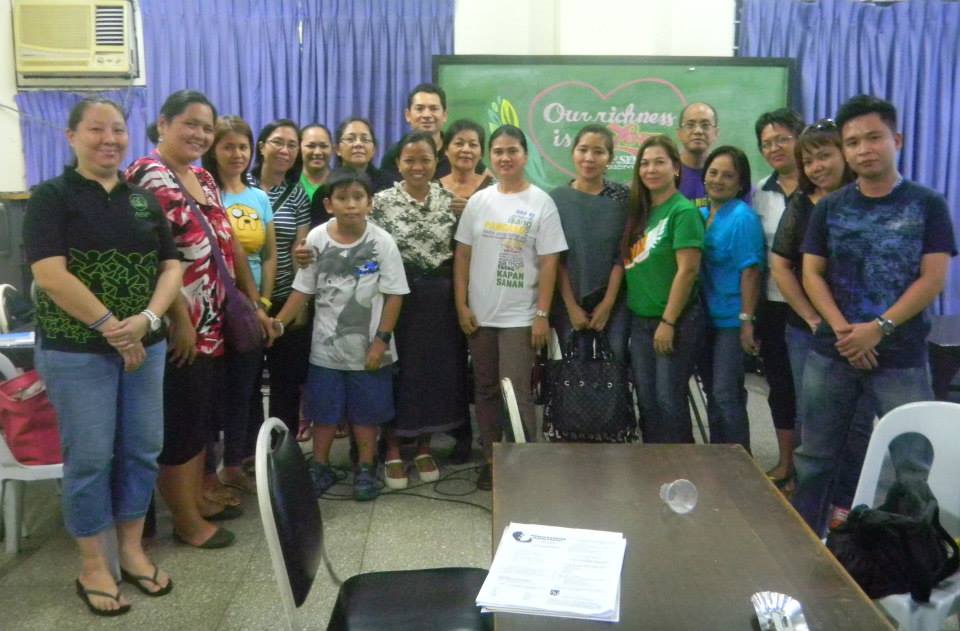


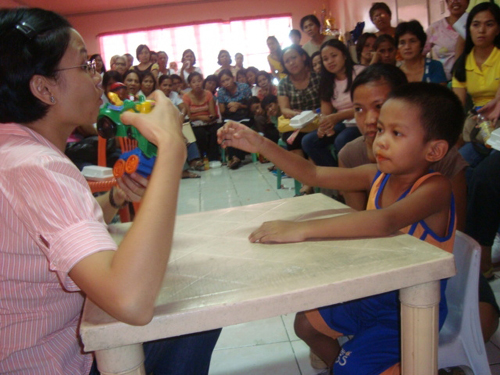
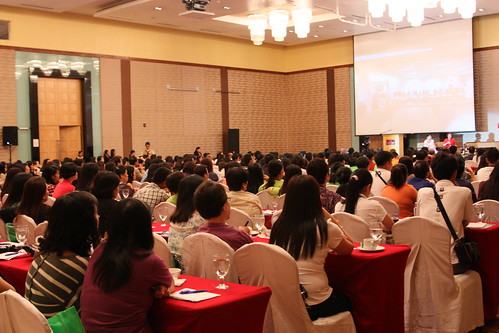

 Posted in:
Posted in: 